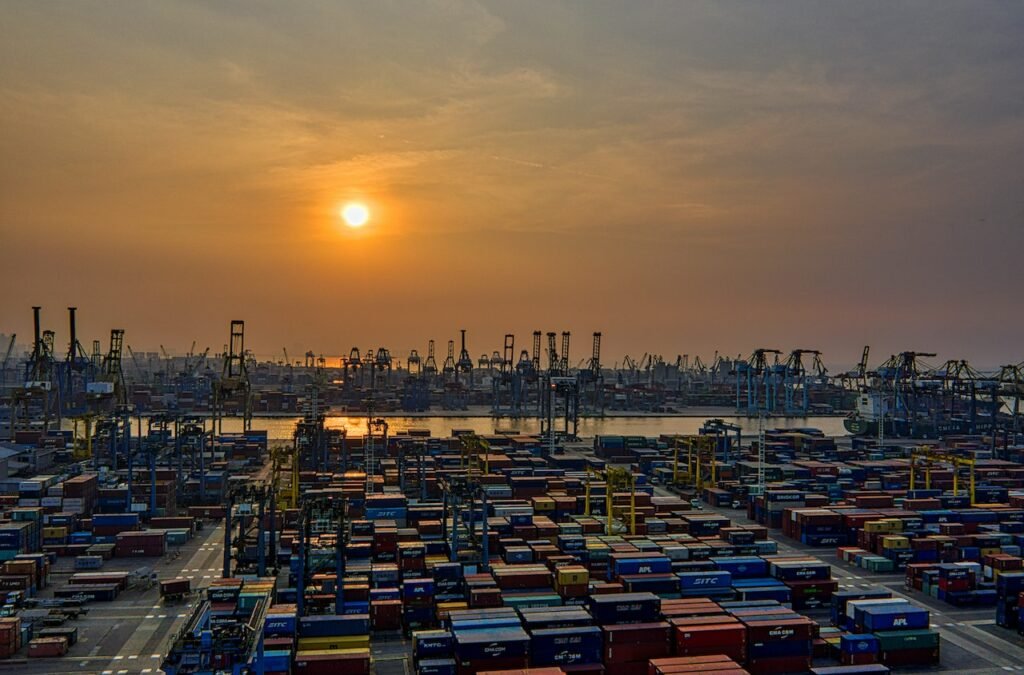Importers who bring goods over to the United States from foreign countries must follow specific regulations to ensure their cargo is safe to enter the country. If these regulations are not followed, the importer is subject to fines and penalties that can make their business much less profitable. One of these laws requires importers to obtain a customs bond to ensure shipments comply with all customs regulations. This guide will help ensure you’ve complied with the law to make your imports move smoothly through the process.
At the most basic level, a customs bond is a contract between the importer (also called the principal), a surety company, and the Customs Border Patrol (CBP) that guarantees the importer’s shipments comply with all customs regulations, including the payment of import duties, taxes, penalties, and fines. A surety company is a type of insurance business that assumes the liability for a debt if the importer doesn’t meet this guarantee.
When is a Customs Bond Required?
An importer must obtain a customs bond whenever they are importing commercial goods that are valued at $2,500 or more or are required to meet certain regulations from other U.S. government agencies. For example, all food imports are required to have a customs bond because they have to meet the regulations of the Federal Drug Administration (FDA) as well as the CBP. The requirement of a customs bond applies to all shipments that meet these criteria, even those that are duty-free.
What is the Penalty for Not Getting a Customs Bond?
Shipments that are not covered by a customs bond will not be released from U.S. customs. This will result in delays for your goods and could cause spoilage or other damages to the products. You will also be subject to hefty fines and penalties for not securing a bond prior to the goods arriving at the border.
What Happens if the Importer Violates the Guarantee?
If an importer gets a customs bond but their shipment doesn’t follow customs regulations, the surety company will pay out the bond amount to the CBP The surety company is then free to pursue reimbursement of the bond through legal means. Additionally, the CBP will not release your goods until a bond is obtained and all regulatory requirements are met. This means that if your shipment doesn’t meet the regulatory requirements that you attested to in the bond, you’ll forfeit the bond and your goods.
Where Can a Customs Bond Be Obtained?
The best way to obtain a bond is through a customs broker that is an agent for a surety company that has been approved by the U.S. Department of the Treasury. It’s to the importer’s benefit to use a broker that has extensive experience in international shipments because they know exactly what you need to ensure you’re in compliance with the law. Otherwise, you could end up losing more money than you make.
Conclusion
There are other nuances to purchasing customs bonds that you’ll want to understand before you start importing goods into the U.S. Contact a licensed customs broker to help you with this process so that you don’t make any costly mistakes.

